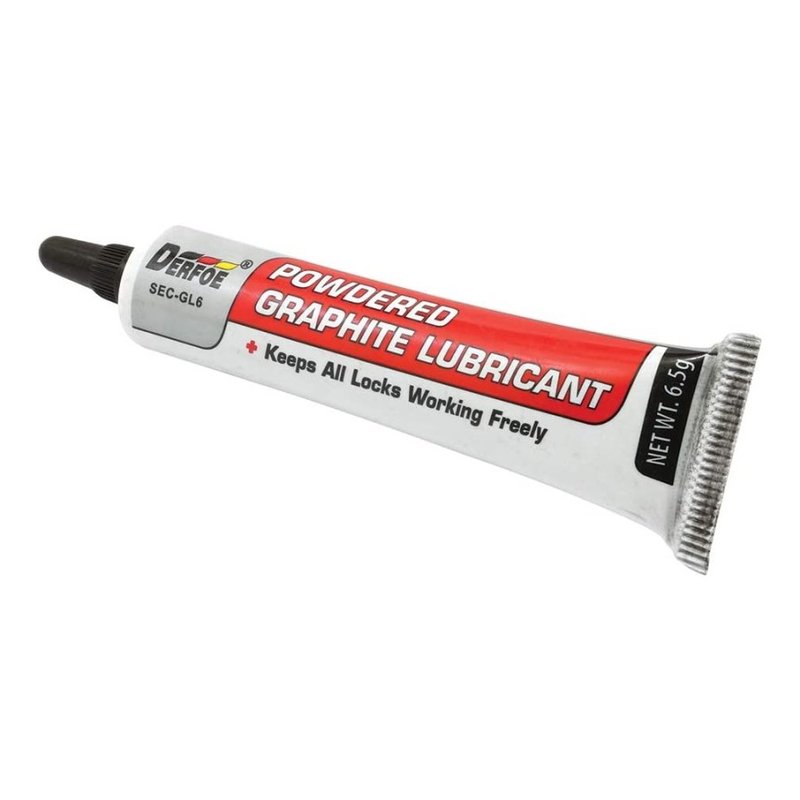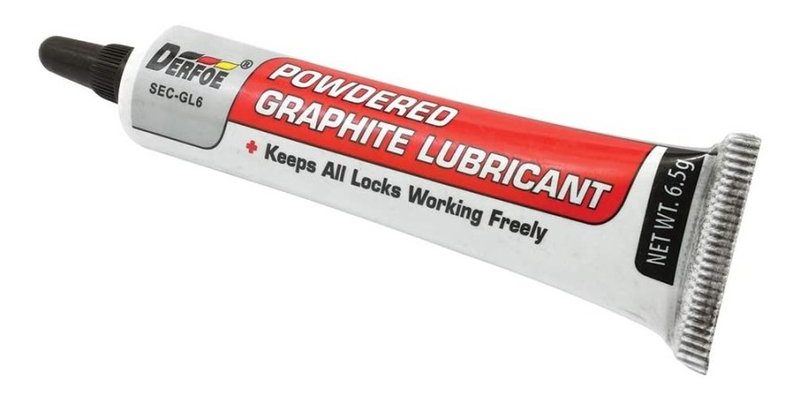
So, how do you navigate the sea of options available? Don’t worry; figuring it out doesn’t have to be complicated. Let’s break down the best lubricants for specific hinge finishes and see how to keep your hardware in top shape without risking any unsightly stains or discoloration.
Why Using the Right Lubricant Matters
You might be wondering why using the right lubricant is so crucial. Think of it this way: using a petroleum-based lubricant on a painted or brass hinge is like pouring soda on a delicate fabric. It can lead to stains, discoloration, and deterioration that might be difficult to reverse. In short, using the wrong lubricant can not only ruin the appearance of your hinges but also affect their functionality.
Choosing a lubricant that’s compatible with the hinge material is essential. The right lubricant will not only keep hinges moving smoothly but also protect their finish. This is especially important if you have decorative or antique hinges where aesthetics matter as much as function.
Identifying Your Hinge Finish
Before you grab a can of spray or a tube of grease, take a moment to identify the finish of your hinges. Hinges can be made from various materials, including:
- Brass
- Stainless Steel
- Painted or Finished Surfaces
- Plastic
- Bronze
Knowing your hinge finish helps you select the appropriate lubricant. For instance, a brass hinge requires specific care compared to a stainless steel one. Taking the time to identify your hinge finish prevents you from damaging it and ensures long-lasting performance.
The Best Lubricants for Brass Hinges
Brass hinges are often favored for their classic look, but they can tarnish and discolor if not maintained properly. When it comes to lubricating brass hinges, you’ll want to steer clear of petroleum-based options. Instead, here are some effective lubricants specifically for brass:
- WD-40 Specialist Penetrant: This is great for freeing up stuck mechanisms without leaving residue behind. Just a small spray will work wonders.
- Silicone Spray: It’s ideal for brass since it doesn’t attract dust or dirt. Plus, it provides a nice, long-lasting coat.
- Graphite Powder: If you prefer a dry lubricant, graphite powder is an excellent choice. It won’t gunk up and offers smooth operation.
When applying any of these lubricants, remember to wipe off any excess to prevent build-up that can trap dirt and grime.
Maintaining Stainless Steel Hinges
Stainless steel hinges are popular for their durability and resistance to rust. However, they can still experience friction and require lubrication to function properly. Here’s what works best:
- White Lithium Grease: This thick lubricant provides excellent adhesion and protection without causing rust. It’s ideal for heavier-duty hinges.
- Synthetic Oil: Look for a non-staining, synthetic oil that offers superior protection against wear.
- Dry Teflon Lubricant: This is a fantastic option for stainless steel as it won’t leave a greasy residue and helps with a smooth glide.
Applying these lubricants is straightforward. Start by cleaning the hinge, then apply a small amount of your chosen lubricant, and move the hinge back and forth to work it in.
Best Oils for Painted or Finished Hinges
Painted or finished hinges require extra care. The wrong lubricant can peel the paint or leave unsightly marks. Here’s what to use:
- Silicone-based Lubricant: This can provide excellent lubrication without affecting the finish. It’s lightweight and won’t dry out.
- Mineral Oil: A safe bet for finished hinges, this oil lubricates without causing discoloration.
- Pencil Graphite: If you want a no-nonsense approach, pencil graphite works wonders without any risk of damage.
Apply with caution, as a little goes a long way. Always test a small area first if you’re uncertain how the lubricant will react with the finish.
Lubricating Plastic Hinges
Plastic hinges are often found on lighter doors, cabinets, or even furniture. They’re less common but need lubrication too. Here’s how to keep them smooth:
- Silicone Spray: As with brass, silicone spray is versatile and effective for plastic as it won’t degrade the material.
- Liquid Soap: Plain liquid soap can work as a temporary lubricant. It’s easy to apply and won’t harm the finish.
- Petroleum Jelly: While you should avoid it on metals, petroleum jelly works well with plastics. Just remember to use it lightly.
With plastic hinges, it’s best to apply lubricant sparingly. Too much can lead to a sticky situation, attracting dust and dirt.
Tips for Long-Lasting Hinge Maintenance
Now that you know the best lubricants for different hinge finishes, let’s talk about a few tips to keep your hinges in great shape:
- Regular Cleaning: Dust and grime can build up over time. Make it a habit to wipe your hinges down regularly to prevent sticking.
- Lubricate Every Six Months: Set a reminder to check on your hinges and apply lubricant if needed. This keeps everything running smoothly.
- Inspect for Wear: Look for signs of rust or damage. If a hinge looks too worn, it might need replacement rather than just lubrication.
These simple steps can help you avoid bigger issues down the line, saving you hassle and money.
Choosing the best lubricants for specific hinge finishes is vital for maintaining both function and appearance. Whether you have brass, stainless steel, painted, or plastic hinges, using the right lubricant can prevent discoloration and ensure a smooth operation. Always remember to clean and inspect your hinges regularly to catch any issues early on.
Taking a bit of time to understand the materials you’re working with makes all the difference. When you put the right lubricant to work, your hinges will thank you by staying quiet and functional for years to come. So, go ahead; grab your lubricant of choice and keep those hinges humming along!
